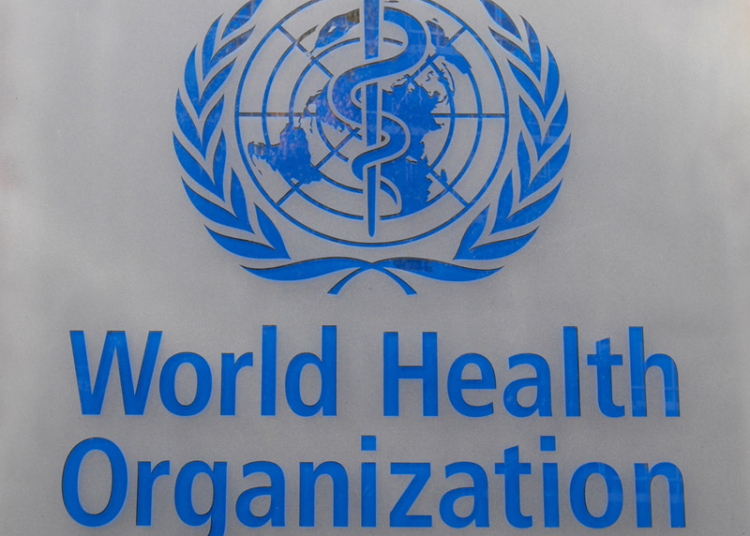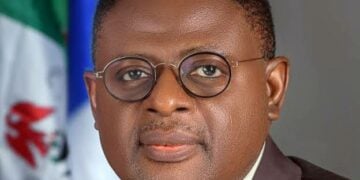As world marks this year’s World Hearing Day, the World Health Organisation (WHO) has estimated that by 2050, there could be over 338 million people affected by ear and hearing issues in Africa.
WHO regional director for Africa, Dr Matshidiso Moeti, disclosed this in a statement in commemoration of the 2023 World Hearing Day, with the theme: “Ear and hearing care for all! Let’s make it a reality.”
She said globally, over 1.5 billion people live with ear problems and hearing loss, nearly 80 percent living in low- and middle-income countries.
“In Africa, an estimated 135 million people have ear and hearing problems. These numbers are rising. At the current rate, it is likely that by 2050 there could be over 338 million people affected by ear and hearing issues in Africa,” said Moeti.
According to her, many people with hearing loss do not know how and where to find help or do not have access to the needed services. This, she said is greatly impacting on the lives of those affected, their families, and their communities.
Moeti added that the excessive burden of these conditions is also due to the limited number of ear, nose and throat (ENT) specialists and audiologists available in the countries.
“In the African Region, nearly US$ 30 billion are lost due to the collective failure to address hearing loss adequately,” she noted.
Moeti further stated that over 60 per cent of the common ear diseases and hearing loss can be detected and often managed at the primary level of care.
However, she regretted that in most places, access to ear and hearing care continues to be limited to highly specialised centers and clinics. “It is important to address these conditions across the continuum of care for people needing these services who must seek specialized services, often in distant hospitals,” she said.
Integrating ear and hearing care into primary care services is possible through training and capacity building at this level to address the challenges, said Moeti, adding that it is possible to ensure these services by training a non-specialist workforce that serve as the first point of contact for the communities.
“To facilitate such integration, we have launched a primary ear and hearing care training manual that is intended to inform doctors, nurses, and other health workers. We have no doubt this manual will benefit people and help countries move towards the goal of universal health coverage, “ she said.
She encouraged governments to prioritise ear and hearing care health programmes as part of their noncommunicable diseases and universal healthcare agendas and increase their campaign, political and financial commitment.
Increasing newborn hearing screening services as well as the effective accessibility of hearing aid technology, are critical starting points, she added.





